Introduction
Canine skin allergies, also known as allergic dermatitis, are a common health issue that affects many dogs worldwide. These allergies can cause discomfort, itchiness, hot spots, hair loss, ear infections, and scabs, leading to a decrease in the overall well-being of our furry companions. Understanding the symptoms and causes of skin allergies in dogs is crucial to provide effective relief and improve their quality of life. One promising solution to consider is Bloom’s Revitalize Health & Immunity, a natural product that aims to alleviate dog allergies and promote overall health in dogs.
Symptoms and Causes of Canine Skin Allergies
Canine skin allergies can manifest in various ways, making it essential to identify the symptoms early on for prompt treatment. Common signs of skin allergies in dogs include excessive itching, scratching, redness, hot spots, skin rashes, hair loss, and the formation of scabs. These dog skin problems can significantly impact a dog’s comfort and appearance, often signaling an underlying allergic reaction.
The three primary causes of canine skin allergies are:
Flea Allergy Dermatitis
Flea allergy dermatitis is triggered by an allergic reaction to flea bites. Even a single flea bite can cause intense itching and discomfort for sensitive dogs. The saliva from fleas contains allergenic compounds that can lead to severe skin irritation, often resulting in hot spots and scabs as the dog scratches to find relief.
Food Allergies
Some dogs may develop allergies to certain food ingredients, which can lead to skin issues. Common allergens include grains (corn, oats, wheat, or whey), dairy products, and various meats/proteins (beef, chicken, pork, lamb, or fish). These dog allergies may cause chronic itching, hair loss, and inflamed skin if the problematic food isn’t removed from the diet.
Environmental Allergens
Environmental allergens, such as pollen, mold spores, dust mites, and certain plants, can trigger allergic reactions in dogs with sensitive skin. These allergens can be inhaled or come into contact with the dog’s skin, leading to irritation and discomfort. Seasonal flare-ups are common, exacerbating itch relief for dogs needs during peak allergen periods.
Treating Canine Skin Allergies with Revitalize Health & Immunity
Addressing canine skin allergies involves a multi-faceted approach that focuses on itch relief for dogs, inflammation reduction, and treating potential bacterial infections. For food allergies, identifying and eliminating the problematic ingredients from the dog’s diet can often bring relief. This might involve removing grains, dairy, and switching proteins (e.g., from chicken to lamb) to see improvement.
Revitalize Health & Immunity by Bloom Bioscience is a promising natural solution to consider for alleviating skin allergies in dogs. This product aims to support a dog’s immune system, promote healing, and enhance overall health, making it a valuable addition to any canine health regimen.
How Revitalize Health & Immunity Can Help
Revitalize Health & Immunity is designed to provide a comprehensive solution for dogs suffering from dog skin problems. This organic and healthy supplement can aid in healing and mitigating the damage caused by skin allergies, helping to restore a dog’s shiny and healthy coat. The product’s blend of 14 high-potency, human-grade ingredients, including chondroitin, glucosamine, MSM, L-cysteine, spirulina, resveratrol, and quercetin, works to:
- Soothe Itchiness: Calms the immune system’s overreaction, reducing the urge to scratch and allowing hot spotsand scabs to heal.
- Reduce Inflammation: Anti-inflammatory properties help soothe irritated skin and promote recovery.
- Support Immunity: Strengthens the body’s defenses, aiding in the fight against secondary infections and environmental triggers.
- Restore Coat Health: Encourages regrowth of fur, reversing hair loss with visible results often seen within 7 days.
Pet owners have reported rapid improvements, with dogs showing healthier skin and coats in as little as a week. Unlike steroids, Revitalize has no adverse effects, offering a safe, natural alternative for managing dog allergies.
Conclusion
Canine skin allergies can be distressing for both dogs and their owners. While changing the dog’s diet and providing environmental controls are essential steps, adding a product like Bloom’s Revitalize Health & Immunity to the regimen can significantly improve the dog’s skin health and overall well-being. As your pet’s skin is the first line of defense of their immune system, supporting it with this supplement can make a lasting difference. Always consult with a veterinarian before introducing any new supplement to your dog’s diet, especially if your pet has existing health conditions or is on medication.
Reference List
- Groves, E. (2022) *Diet in canine dermatology part 2: management of cutaneous adverse skin reactions*. The Veterinary Nurse. Available at: [https://www.theveterinarynurse.com](https://www.theveterinarynurse.com/review/article/diet-in-canine-dermatology-part-2-management-of-cutaneous-adverse-food-reactions) (Accessed 24 June 2023).
- Jeschke, P. and Nauen, R. (2005) *Flea Allergic Dermatitis*, Comprehensive Molecular Insect Science. Available at: [https://www.sciencedirect.com](https://www.sciencedirect.com/topics/veterinary-science-and-veterinary-medicine/flea-allergy-dermatitis) (Accessed 23 June 2023).
- Leis, K., et al. (2022) *Resveratrol as a factor preventing skin aging and affecting its regeneration*, Advances in Dermatology and Allergology, 39(3), pp. 439-445. Available at: [https://www.ncbi.nlm.nih.gov/pmc/articles/PMC9326919/](https://www.ncbi.nlm.nih.gov/pmc/articles/PMC9326919/) (Accessed 24 June 2023).
- Massimini, M., et al. (2021) *Polyphenols and Cannabidiol Modulate Transcriptional Regulation of Th1/Th2 Inflammatory Genes Related to Canine Atopic Dermatitis*, Frontiers in Veterinary Science, 8(606197). Available at: [https://www.ncbi.nlm.nih.gov/pmc/articles/PMC7982812/](https://www.ncbi.nlm.nih.gov/pmc/articles/PMC7982812/) (Accessed 24 June 2023).
- Meng, T., et al. (2021) *Anti-inflammatory Action and Mechanisms of Resveratrol*, Molecules, 26(1), pp. 229. Available at: [https://www.ncbi.nlm.nih.gov/pmc/articles/PMC7796143/](https://www.ncbi.nlm.nih.gov/pmc/articles/PMC7796143/) (Accessed 24 June 2023).
- Mueller, R.S., Olivry, T., and Prelaud, P. (2016) *Critically appraised topic on adverse food reactions of companion animals (2): common food allergen sources in dogs and cats*, BMC Veterinary Research, 12(9). Available at: [https://www.ncbi.nlm.nih.gov/pmc/articles/PMC4710035/](https://www.ncbi.nlm.nih.gov/pmc/articles/PMC4710035/) (Accessed 24 June 2023).
- Outerbridge, C.A. and Jordan T.J.M. (2021) *Current Knowledge on Canine Atopic Dermatitis*, Advances in Small Animal Care, 2, pp. 101-115. Available at: [https://www.ncbi.nlm.nih.gov/pmc/articles/PMC9204668/](https://www.ncbi.nlm.nih.gov/pmc/articles/PMC9204668/) (Accessed 24 June 2023).



